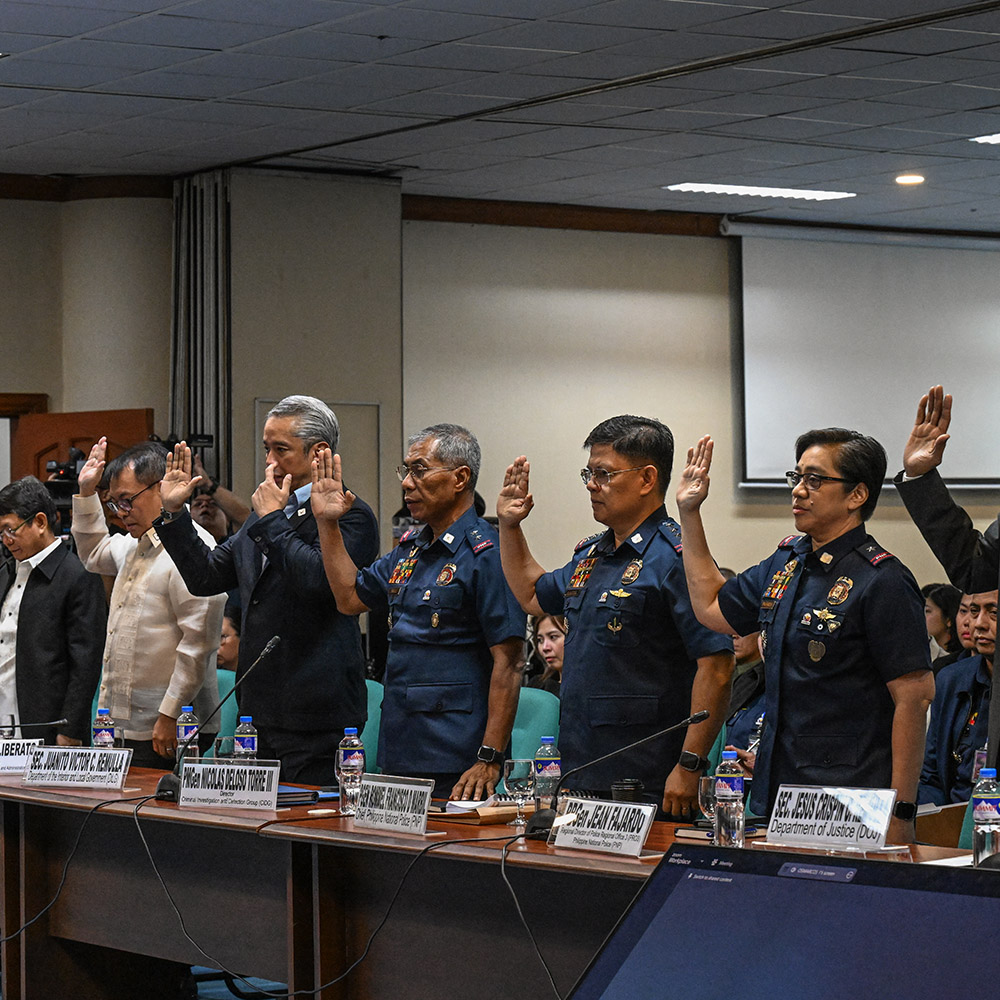
Amnesty in International Relations
Authors: Daniel Odin Shaw and Louise Mallinder
Amnesties are legal or policy measures to bar ongoing or future criminal investigations or prosecutions for specified crimes or offenders. They have been used for millennia to resolve political crises and ongoing conflicts within and between states. This means that they are a common feature of peace agreements and are often integrated into processes to encourage armed groups to surrender or to encourage perpetrators to disclose the truth of their actions. These legal tools are thus closely connected to efforts to resolve political disputes. However, their application to genocide, war crimes, crimes against humanity, and other gross human rights violations has become highly controversial due to the expansion of international criminal law and the turn toward criminal law within human rights. This expansion has taken the form of the elaboration of treaties to require states to investigate, prosecute, and punish specific international crimes; the creation of international or hybrid criminal courts; and the development of case law by international criminal tribunals and human rights institutions that argues that amnesties for international crimes and serious violations conflict with states’ obligations to investigate, prosecute, and punish those violations.
This article was published online in Oxford Research Encyclopedia of International Studies.